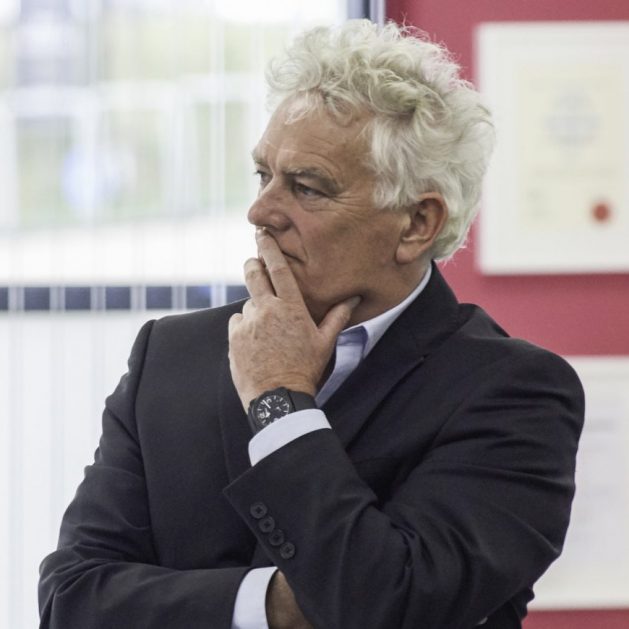Superhubs = faster care and more profit By Jonathan Fine. March 22, 2017.
Last week the Government revealed its plan to create 1,500 GP ‘superhubs’ which will employ on-site pharmacists and physiotherapists and serve up to 40,000 people each. Trials showed that larger patient centres work better than the 7,500 existing surgeries in England, so the plan is to slowly merge (or close) 6,000 practices out of independent existence.
Closures are never popular, although there is the possibility of superhubs operating over multiple sites, with existing practices use their current premises in partnership with other practices. Either way, it was a Conservative manifesto pledge to offer everyone appointments between 8am and 8pm seven days a week. No one’s been able to come up with an alternative way to deliver what the British public voted for.
The 2015 British Social Attitudes survey found that waiting times are cited as the biggest reason for dissatisfaction — mentioned by over half of people — followed by there being not enough staff. Superhubs might solve both problems. If there are downsides, for example that some patients will have to travel further to see a doctor, these would seem to be outweighed by what happens when they get there. Having scaled-up sites is not just more efficient, it’s probably a more effective way of healing people because patients who can see specialists they need sooner get well faster.
The bottom line is superhubs produce more value for the same cost because they maximise resources like people, time and equipment. Patients get better care and GPs get more opportunities to train and specialise, learning from tens or hundreds of colleagues rather than one or two. No doubt you can see the parallels with dentistry. We’ve already seen the emergence of bigger clinics where patients can receive multiple co-ordinated specialist treatments on-site. Just like general practice, it’s a faster way of organising care, and fast is good for the patient and profits.
The only real difference is in general practice people aren’t used to paying, although that’s changing too; take Doctaly, a business offering Uber-style GP appointments that’s preparing to roll out its service across England after a successful pilot in London. It matches NHS GPs to patients who jump the queue for £39.99 to £69.99 depending on the time and day of the week.
A private dental superhub with an on-site GP service could effortlessly hitch up to this nascent market. The obvious destination, as the NHS fragments and consumers demand more, is full service medical care in superhubs that do everything. Like Bupa, but independent. Why shouldn’t independent dentists be leading the charge? If you’d like to discuss where your dentistry fits into the joined up healthcare that will become the norm in 10 years, we are in touch with hundreds of ambitious dental practice owners across the UK and Ireland and can help you start something really big.
JJF | 07860 672727 | [email protected]

“Scaled-up sites aren’t just more efficient, they’re more effective at healing people”
Jonathan Fine, MD
